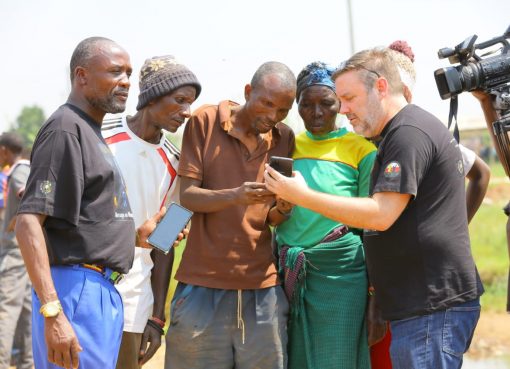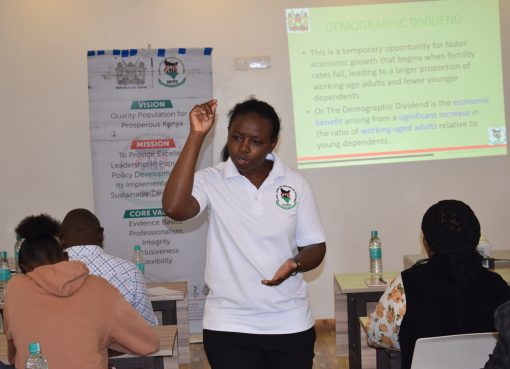The Ministry of Education has completed the development of draft policy and legislative proposals for the implementation of the Presidential Working Party on Education Reforms (PWPER) report and recommendations.
Consequently, Education Cabinet Secretary Ezekiel Machogu has invited stakeholders and the public to submit written memoranda on policy and legislative proposals for sustainable development in education, training, and research.
“Pursuant to Article 10 and 232 of the Constitution on public participation, stakeholders and members of the public were encouraged to participate in the submission of any input they might have on the policy documents by March 15th, 2024,” he stated.
In August 2023, the PWPER report was launched by President Dr. William Samoei Ruto. Chaired by Prof. Raphael M. Munavu, the Working Party examined the challenges affecting the education sector in Kenya and addressed among others access, relevance, equity and quality, governance and financing of education as well as experience in the implementation of Competency Based Education (CBE).
The 2024 Sessional Paper on a Policy Framework for Educational Reforms in Kenya repeals colonial education policies that provided inferior education and prepared natives for non-skilled labor and menial work.
This was meant to prepare them to serve at the bottom of society deepening racism, inequalities, imbalances in access, and discrimination against the natives.
Furthermore, Education, training, and research reforms present a diversity of cultures and traditions in knowledge and to champion Afrocentrism in the curriculum.
The policy provides holistic quality and inclusive education and training for transformation to a knowledge economy, supporting social cohesion, innovation, and sustainable development, and promotes and coordinates innovative, competence-based equitable learner-centered education, training, and research.
The national goals of education, training, and research aim at nationalism, and patriotism, promote national unity and accelerate socio-economic development through innovation and skills. Thus, through education, training, and research, learners will be empowered to promote individual development and self-fulfilment, sound moral values, social equality and responsibility.
In conclusion, Kenya’s rich and diverse cultures will develop as a result of the culmination of the national education goals, which translate to international consciousness which fosters positive attitudes towards other nations, good health, and environmental protection.
By Joseph Kamolo Mutua





